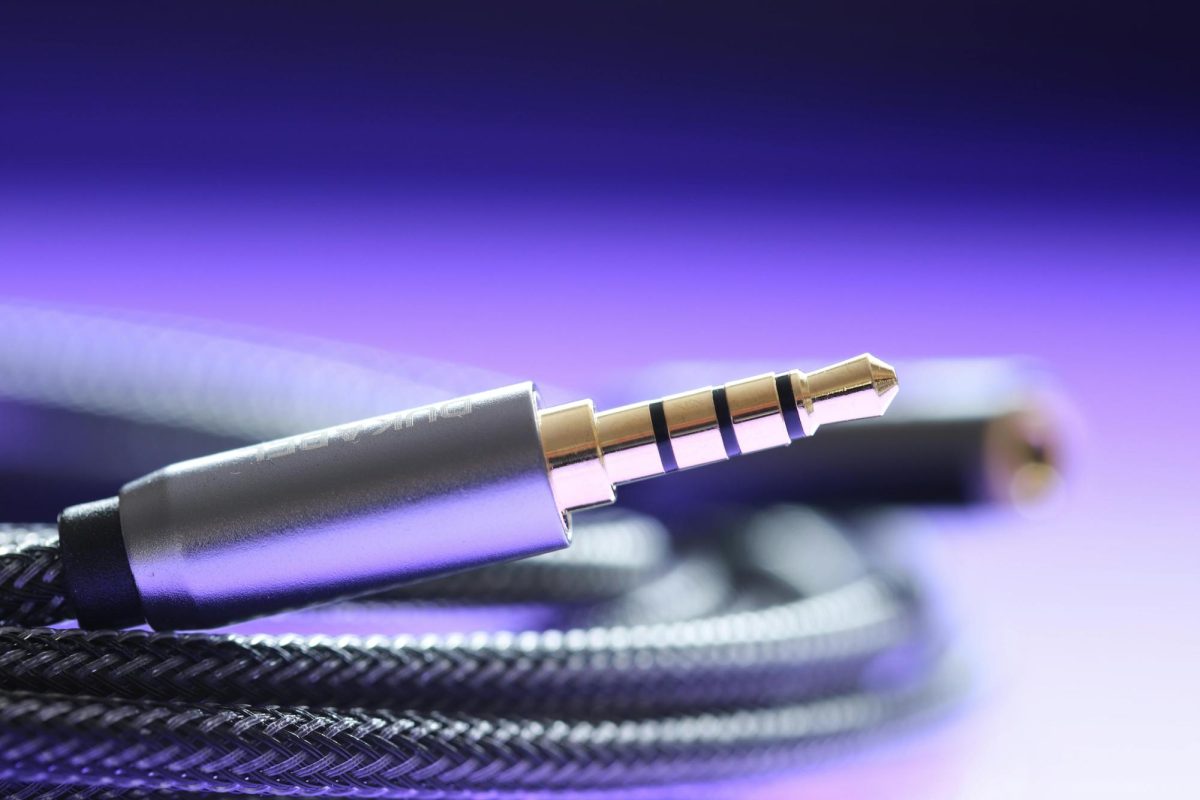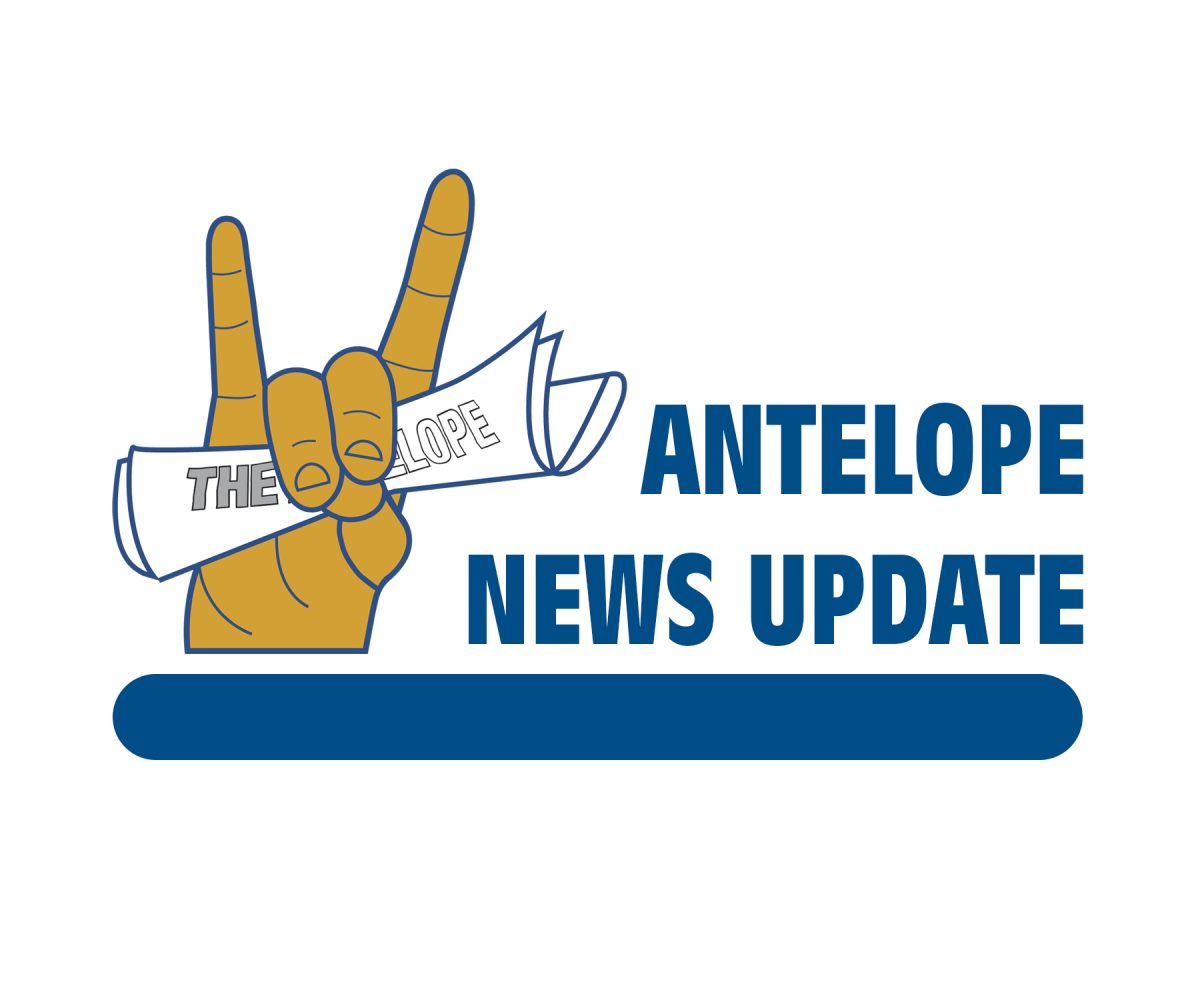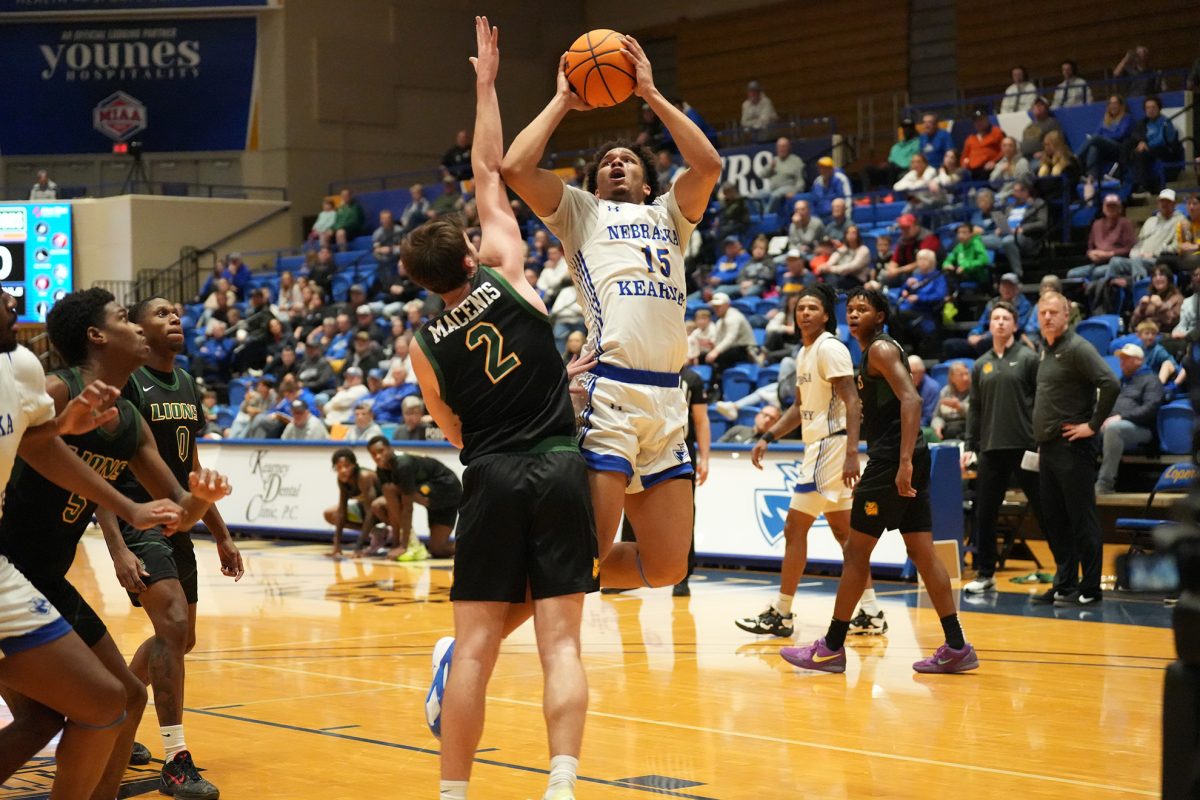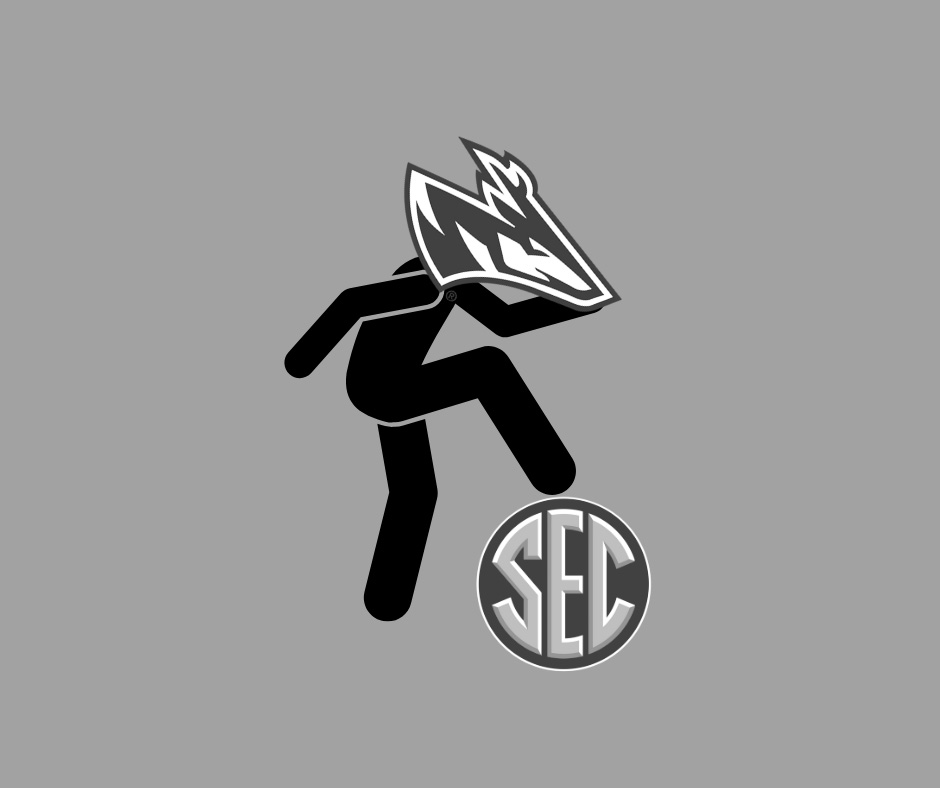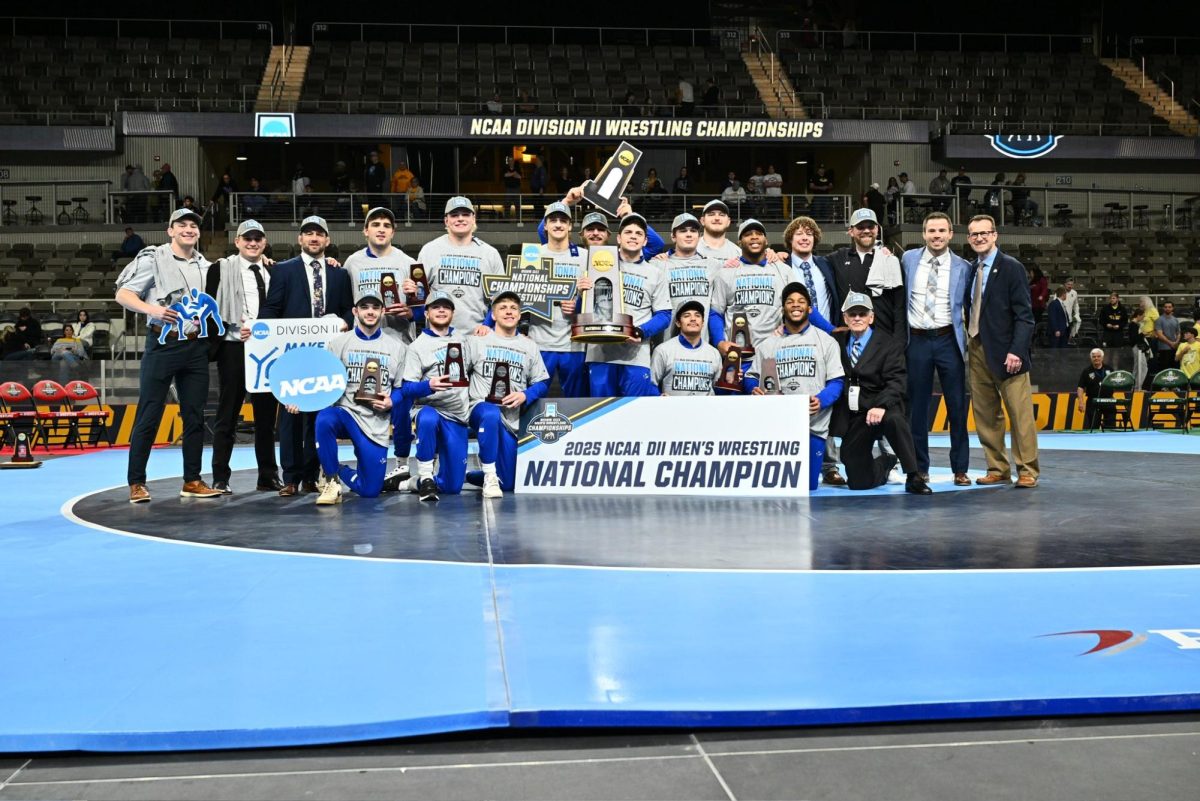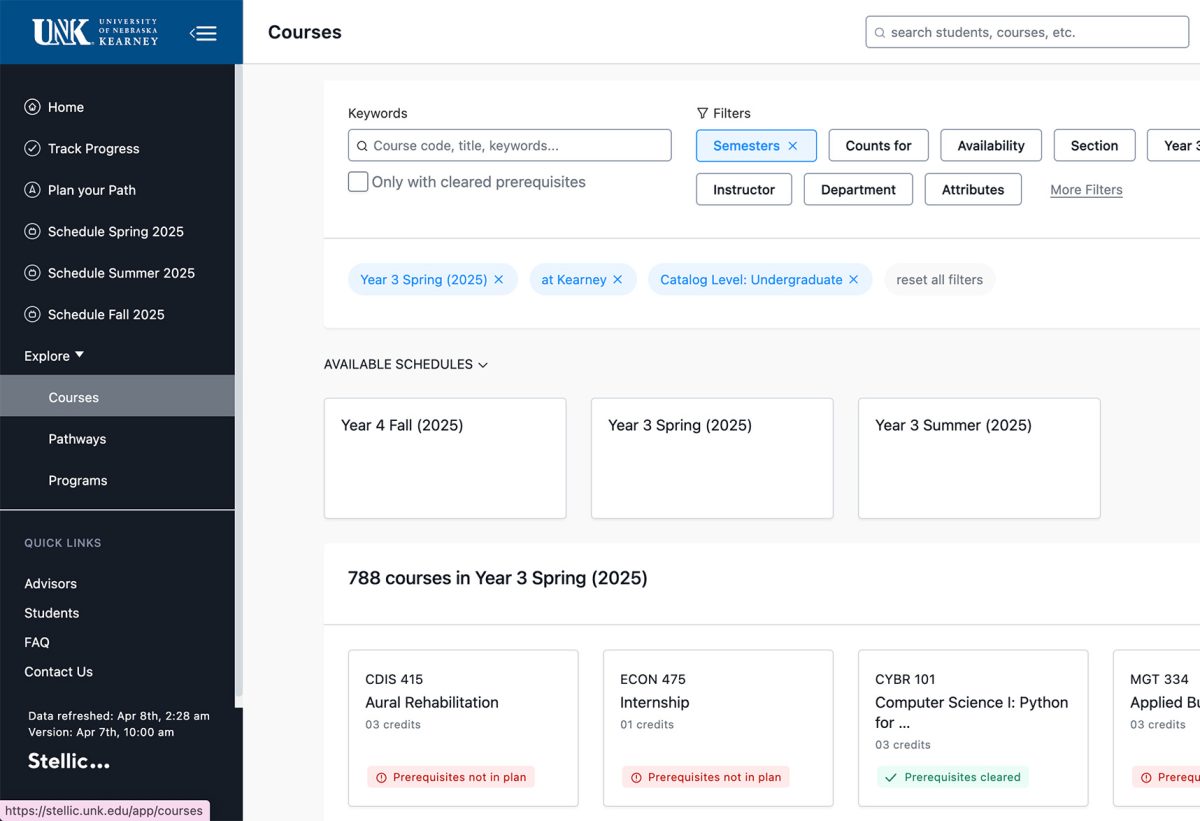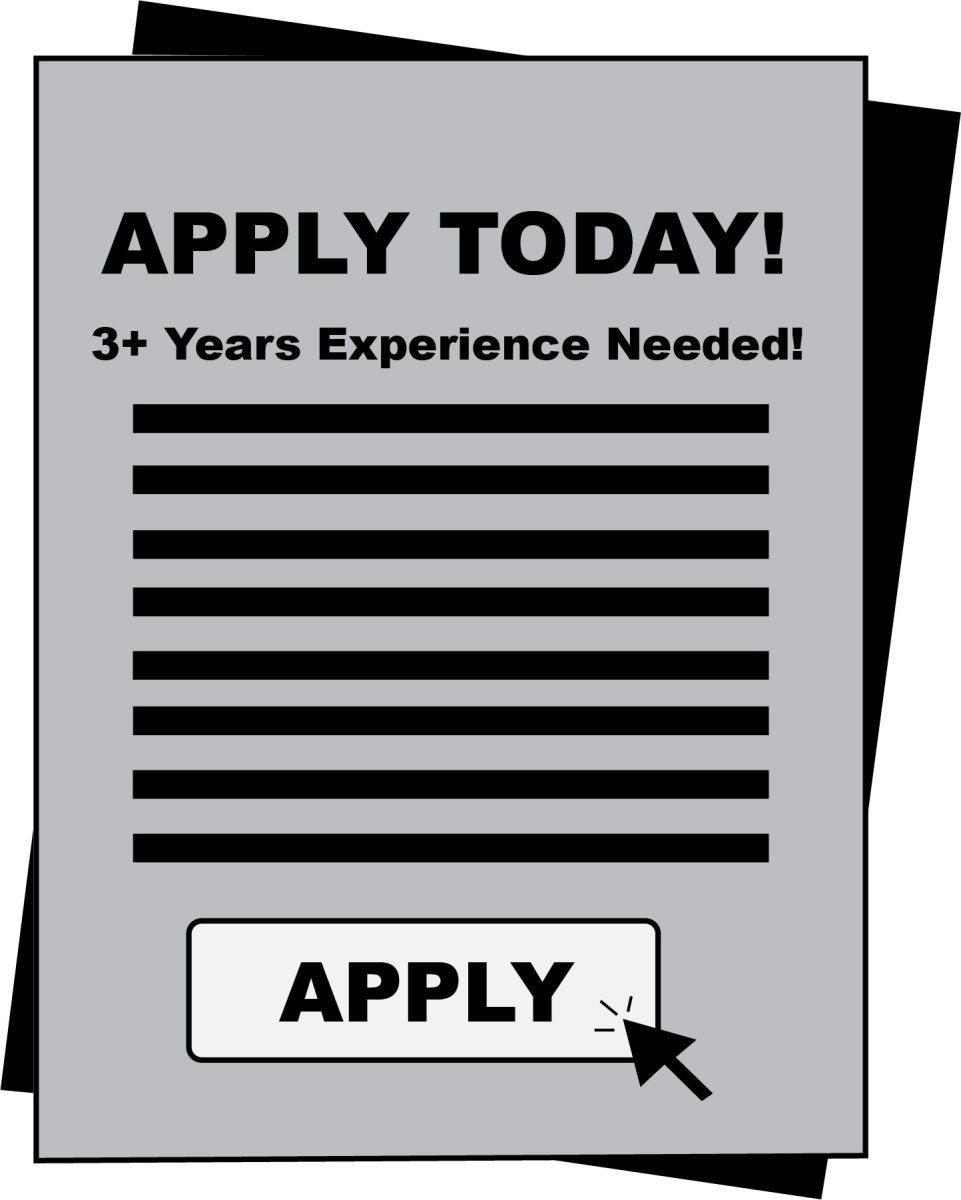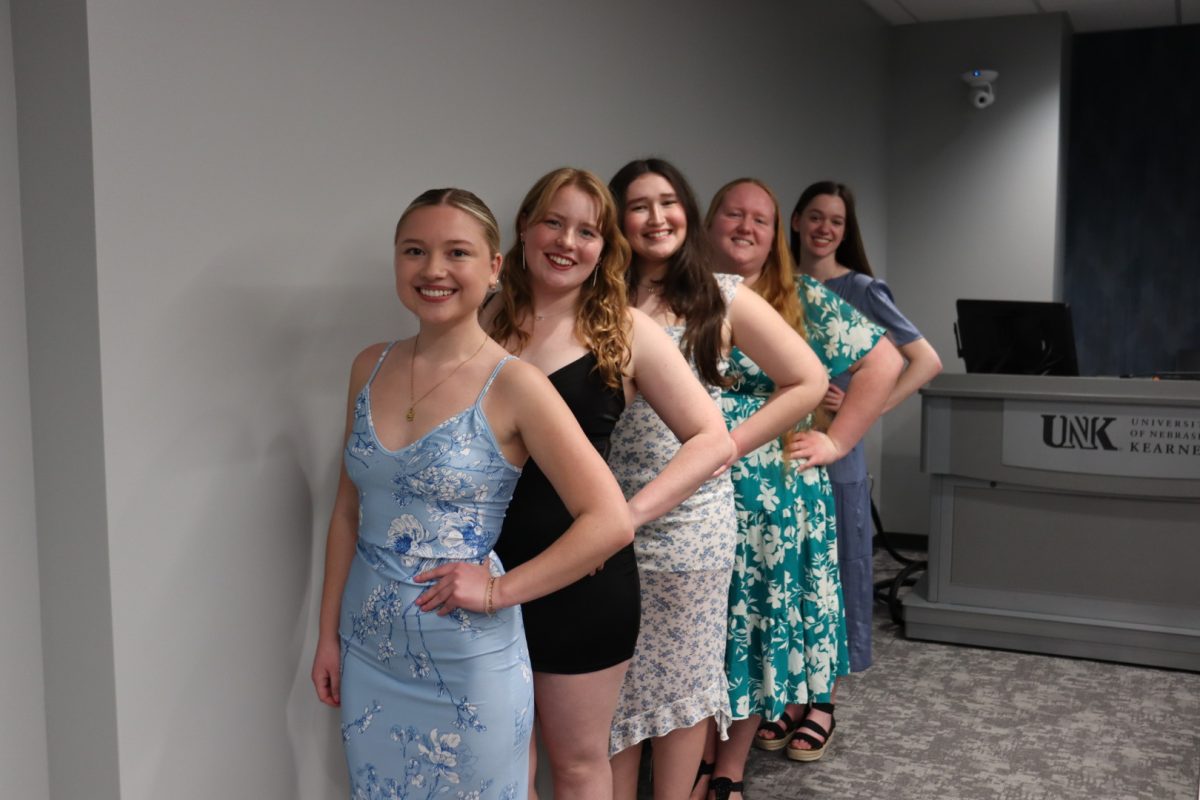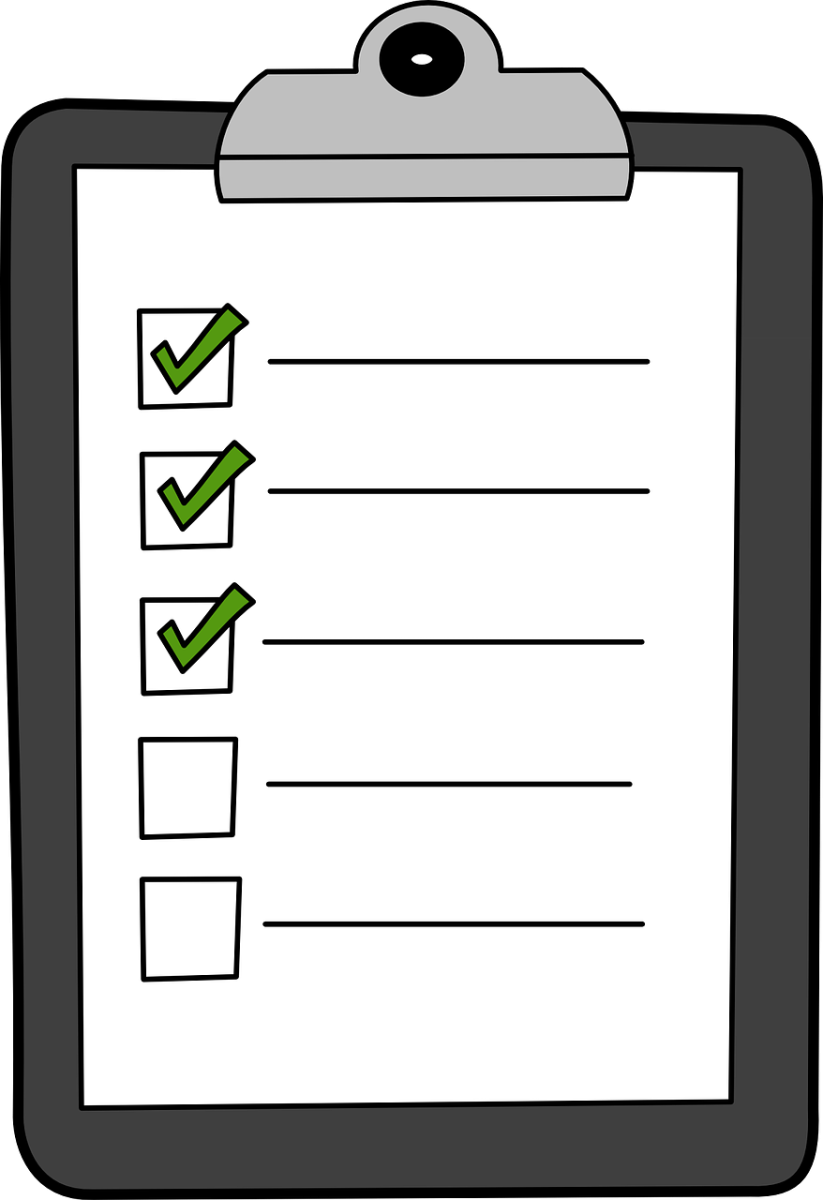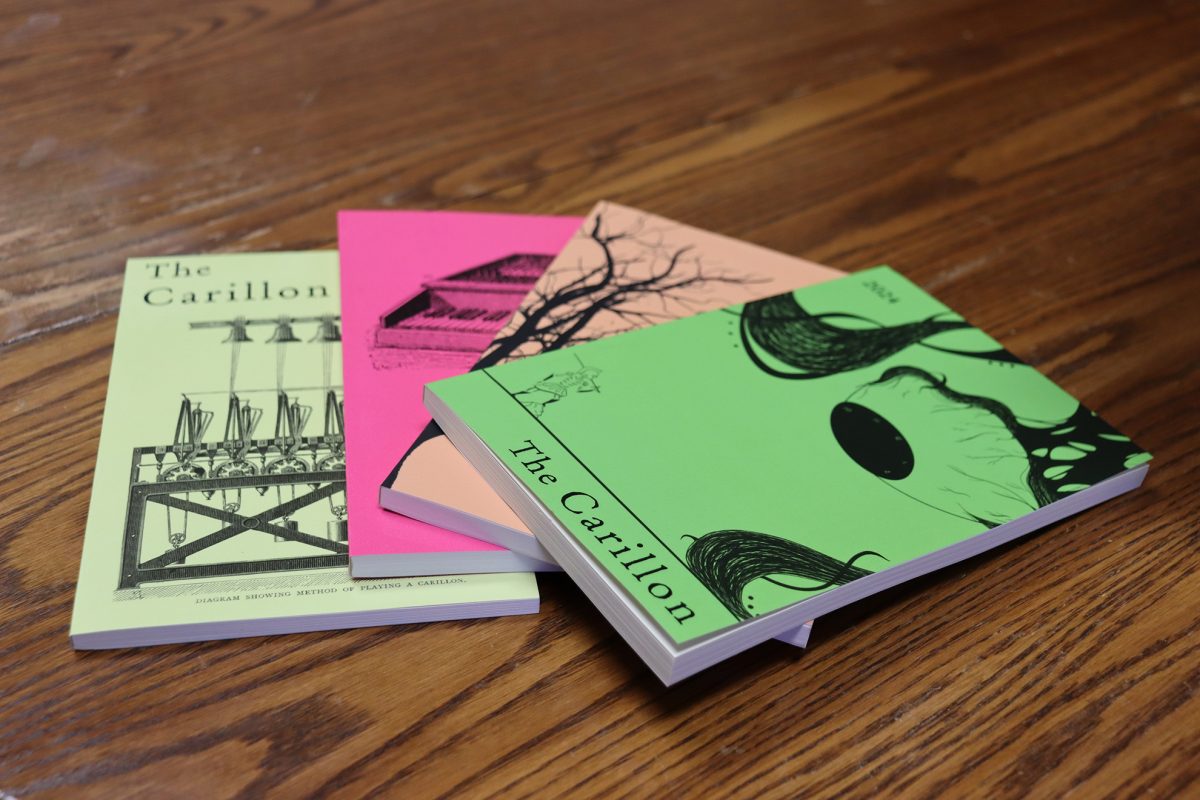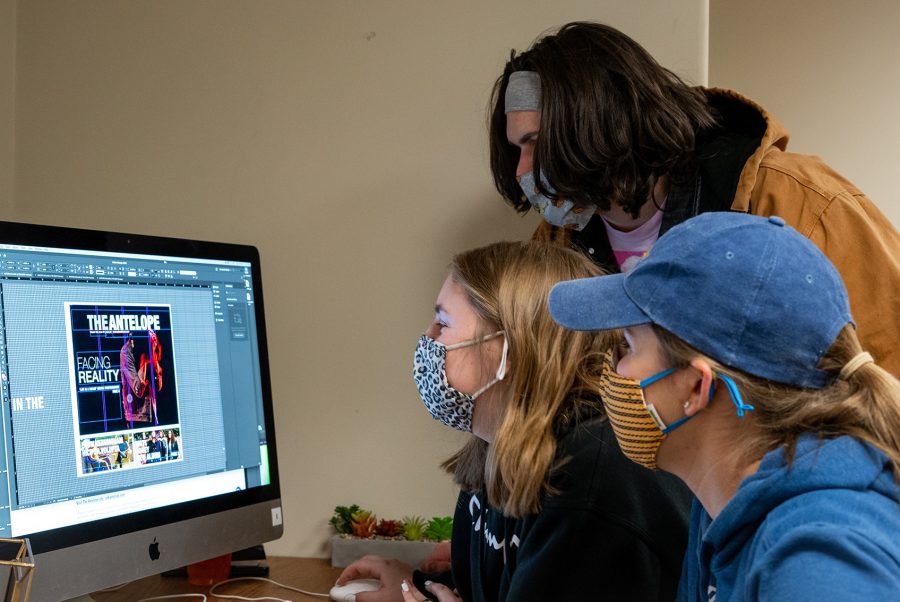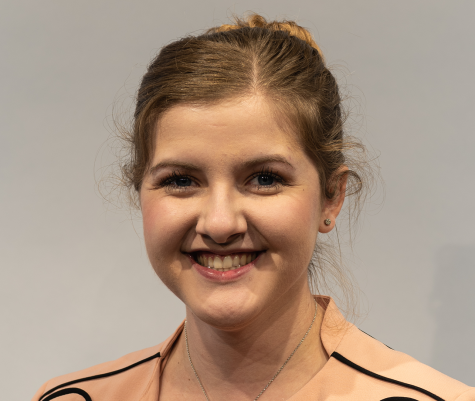Integrity guides the actions of ethical journalists, or at least that is the way it should be. Honorable journalism stems from the Society of Professional Journalists’ code of ethics, and this semester I learned how to uphold these principles.
Seek Truth and Report It
The marching band members experienced many emotions when their Homecoming performance was canceled last semester due to an asymptomatic COVID-19 case. I gathered more negative quotes than I did positive ones. UNK Communications received upset phone calls from students and parents.
I reported on UNK’s COVID-19 policies in the past, and I knew there was more to the story.
UNK Student Health officials explained how the 85 marching band members would be allowed to leave quarantine as soon as contact tracing was completed. The decision was made right before the performance to prevent the potentially exposed members from spreading the disease even further.
Instead of jumping to conclusions, I sought out each perspective and dug for the facts behind the mass quarantine decision. Even though this was a breaking news story, I didn’t let the deadline weaken the quality of my article.
The truth always come first.
Minimize Harm
COVID-19 was a new frontier for everyone. In my interviews, UNK officials portrayed quarantine and isolation as peaceful processes.
Later, I realized I hadn’t heard the students’ perspective, so I corrected an article I wrote about COVID-19 policies. (This was also a lesson in accountability.)
The show choir, Nebraskats, was quarantined just days before classes started. The show members and the director were displeased with how the situation was handled and the miscommunication that occurred.
When I heard this, I asked Housing and Student Health to comment on the predicament. Since then, the contact tracers and university officials adjusted their response to COVID-19 cases.
During my investigation, I made sure my sources were willing to tell me about their personal health. I was careful with my wording, so as to not cause panic among students or needlessly stain the university’s reputation.
After all, distress is not the purpose of reporting.
Act Independently
The student newspaper exercises the “freedom of the press.” However, The Antelope is funded by the university, so we cannot be detached from UNK entirely.
A UNK official contacted my department’s director and my newspaper adviser, asking for The Antelope to withhold a news story. My first response was to publish it The Antelope’s content is managed by the students.
I went to the official’s office to hear their reasoning. In the end, I waited to publish the story, to our news editor’s dismay.
The ethical turmoil taught me what it means to act independently. If The Antelope operated in the “real world,” I would have published the story.
However, this was a rare instance. I made a difficult call, so as to not sever the our relationship with UNK.
Be Accountable and Transparent
This is not the most extreme example of being accountable and transparent, but when The Antelope published the April Fools’ edition, we got a lot of reactions from the public. Many were outraged by an article about the fountain going under construction again after it was completed last fall.
Before publishing this edition, the editors suspected our readers might be confused.
The Antelope was accountable and transparent by explaining in our editorial that all of the April Fools’ stories were fake. The stories were written to be blatantly made-up, and the hope was to leave readers smiling, instead of concerned.
Altogether, 2020 was a difficult year for college journalists, but The Antelope persevered. Despite the challenges, I want to encourage the next generation of journalists to always refer to the SPJ Code of Ethics and always write with integrity.

